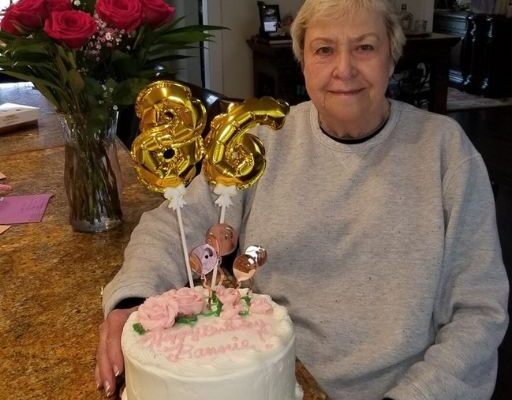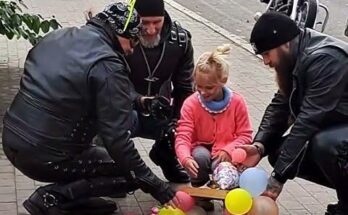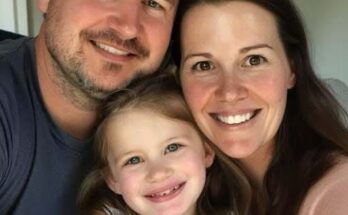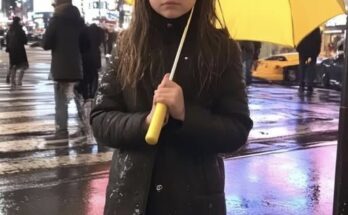Every year, we throw the same birthday party for Grandma Rannie. Cake, flowers, her sparkly tiara, and those oversized number candles that make everyone laugh. It’s tradition. But this year—her 86th—felt different.
It wasn’t the decorations or the cake. It was her. She still looked just like she did when I was a child. Not just “good for her age,” but remarkably youthful. People always said she must have great genes. Some joked about skincare secrets or wondered if she’d had help. But Grandma Rannie always brushed it off with a chuckle and a wave of her hand.
That evening, as we sat around sharing stories from years past, she laughed like always—but something in her expression changed. In the middle of a story, she paused. Her smile faded, just for a second. The moment passed quickly, but I couldn’t shake the feeling that something was on her mind.
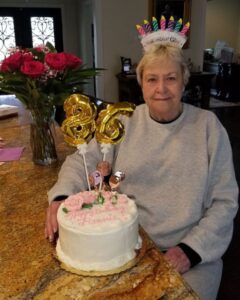 The next day, I stopped by her house alone. I found her sitting quietly at the kitchen table with a cup of tea in hand. She smiled when she saw me, but there was something thoughtful in her eyes.
The next day, I stopped by her house alone. I found her sitting quietly at the kitchen table with a cup of tea in hand. She smiled when she saw me, but there was something thoughtful in her eyes.
“Are you okay, Grandma?” I asked gently.
She hesitated before setting down her cup. “I’ve been meaning to tell someone something,” she said. “It’s a story I’ve kept to myself for a very long time.”
I sat with her, quietly listening.
“You know how everyone always says I look young?” she began. “Well… I haven’t exactly been honest about my age. I’m not 86. I’m 102.”
I blinked. “What do you mean?”
She looked out the window for a long moment, then said softly, “When I was a young woman, I met a man who claimed he was studying ways to improve long-term health and wellness. He offered me a chance to be part of something unusual. It was supposed to slow the signs of aging.”
Her tone was measured—not sensational, just reflective.
“At first, I didn’t notice much. But over time, I realized I wasn’t changing the way others around me were. People I loved grew older. I stayed the same.”
She explained how she chose to keep it private. “I never quite knew how to explain it. So, I didn’t.”
As I listened, I felt the weight of her story—not because it was unbelievable, but because of what it meant. To watch time pass without visibly changing must have been both a gift and a burden.
“I don’t regret my life,” she said. “But I’ve come to understand that growing older isn’t something to fear. It’s part of being alive, of loving people through all the changes.”
Months later, Grandma received a health diagnosis that reminded us all how precious time truly is. Even though she looked the same on the outside, her body had its own story to tell. She welcomed our care, allowing herself to be surrounded by family in a way she hadn’t before.
In her final months, she shared more memories, more laughs, and a few gentle lessons. She reminded us that aging isn’t about numbers—it’s about how we spend our time and who we spend it with.
As I sat beside her one quiet evening, I held her hand and whispered a promise: that we would honor her not just for the way she looked, but for the life she lived, the wisdom she shared, and the grace with which she finally embraced every part of her journey.
If you’ve ever struggled with the idea of getting older, or know someone who has, remember this: time doesn’t take away our worth—it adds to it. The lines on our faces, the memories we hold, and the people we’ve loved all tell the story of a life that matters.
Share this with someone who needs a reminder that aging is not something to resist, but something to embrace—with strength, beauty, and grace.
